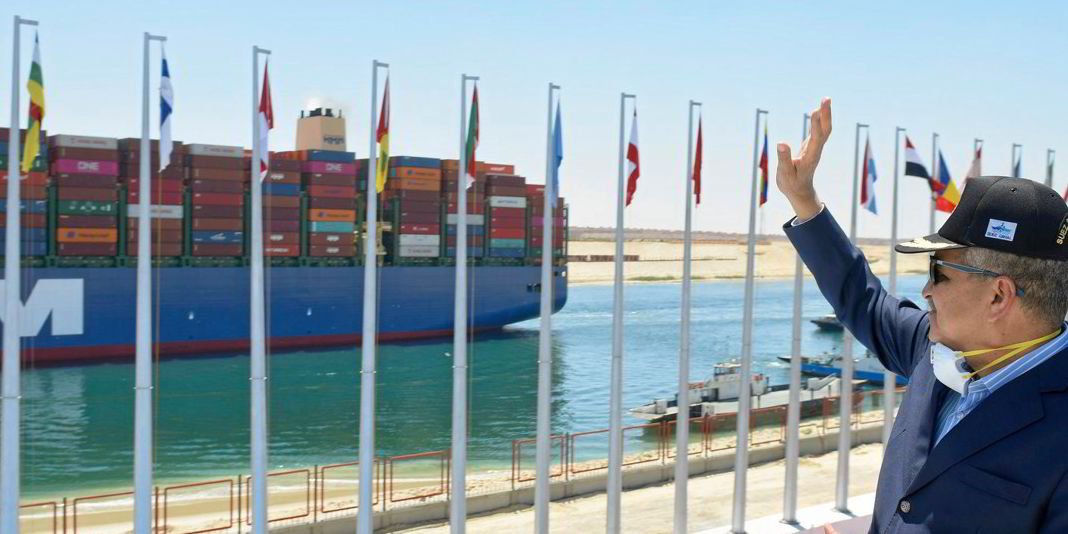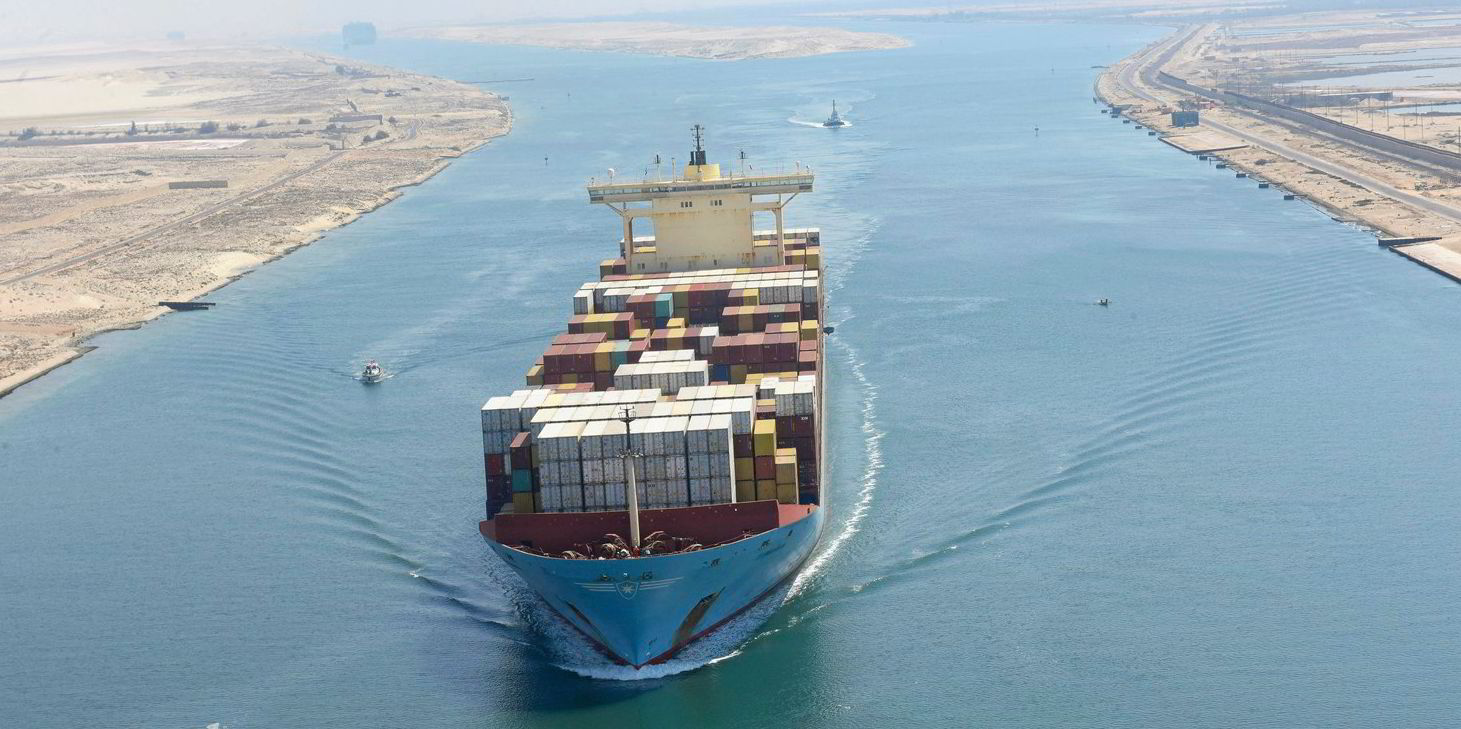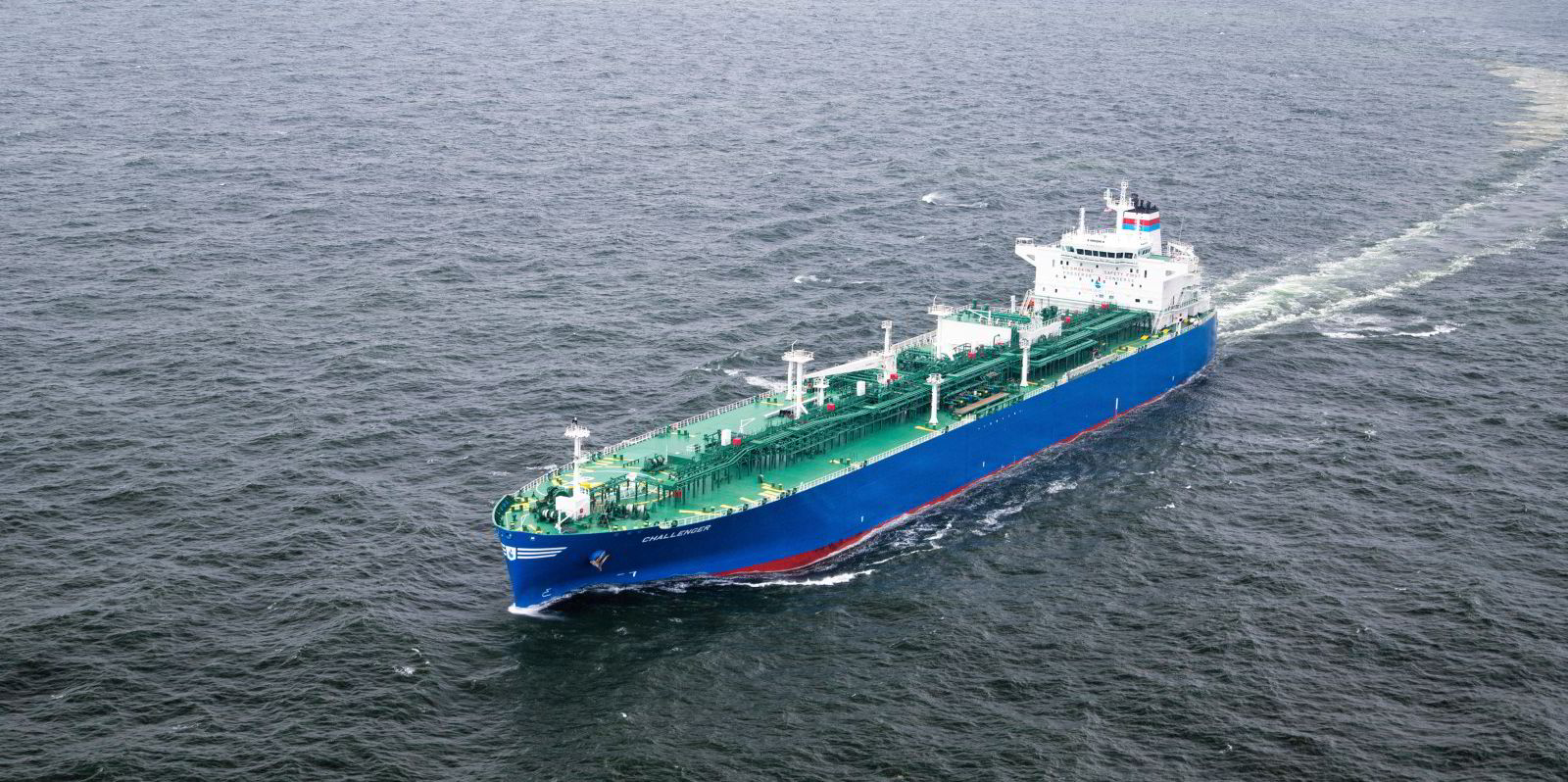The cost of using the Suez Canal has risen yet again for tankers.
The Suez Canal Authority (SCA) announced that from 1 April it will increase the additional surcharge applying to crude oil and product carriers by 10 percentage points.
According to SCA circulars dated 14 February, the new surcharge is set at 25% of the normal transit dues applying to laden crude and product carriers that sail through the waterway in either direction.
According to a table provided by Leth Agencies, this is an increase from the previous surcharge of 15% on normal transit fees in place since last May.
Surcharges for ballasting crude and product tankers will rise as well, by a similar amount — from 5% of normal transit fees to 15%.
The Suez Canal is a key artery for global trade and Egypt’s most reliable foreign currency earner.
The government, which owns the waterway and increasingly relies on the International Monetary Fund to stay afloat, increased normal transit fees three times over the past 15 months.
The SCA is citing other reasons than the state of government coffers to explain why it is increasing the transit costs.
In its 14 February circular, it declared that the latest rise is “in line with the significant growth in global trade, improving ships’ economics, waterway development and the enhancement of the transit service”.
The combination of rising traffic and transit dues is already boosting Egypt’s foreign currency earnings from the canal.
On 3 February, the SCA reported a record monthly income of $802m for January, up 47% year on year, after an unprecedented 677 tankers carrying a record 34.5m tons of crude and oil products sailed through the canal.
The SCA did not offer an explanation as to why tankers were using the Suez Canal at a frequency never seen before.
One reason could be the redrawing of oil trade patterns following the heavy Western sanctions on Russian oil. Most of that oil is diverted to Asian buyers and reaches them seaborne through Suez.
One consolation to shipowners may be that the latest set of the canal’s transit hikes is easily reversible.
The level of the surcharges, which is calculated on the basis of the normal transit fees, is “temporary and can be either amended or cancelled according to market conditions”, the SCA circulars said.





